Effectiveness of interventions
The long-term abstinence rates (after 12 months) are decisive for assessing the effectiveness of a treatment method. The spontaneous decision to quit smoking leads to abstinence in only 1 to 5% of smokers; medical advice can still be successful in 5% of smokers. If the advice is given by nursing staff, a similar effect can be expected. A brief intervention of less than 5 minutes leads to abstinence in 6-7% of smokers. While the administration of nicotine alone for smoking cessation mediates success rates between 10 and 15%, the use of behavioral self-help manuals achieves between 15 and 20% abstinent smokers, and behavioral group treatment is effective in up to 25% of smokers, combination treatments of behavioral therapy and nicotine substitution can achieve up to 35% abstinence after one year. The effectiveness of treatment with bupropion is estimated to be similar.
The chances of success in smoking cessation are almost doubled by drug support.










